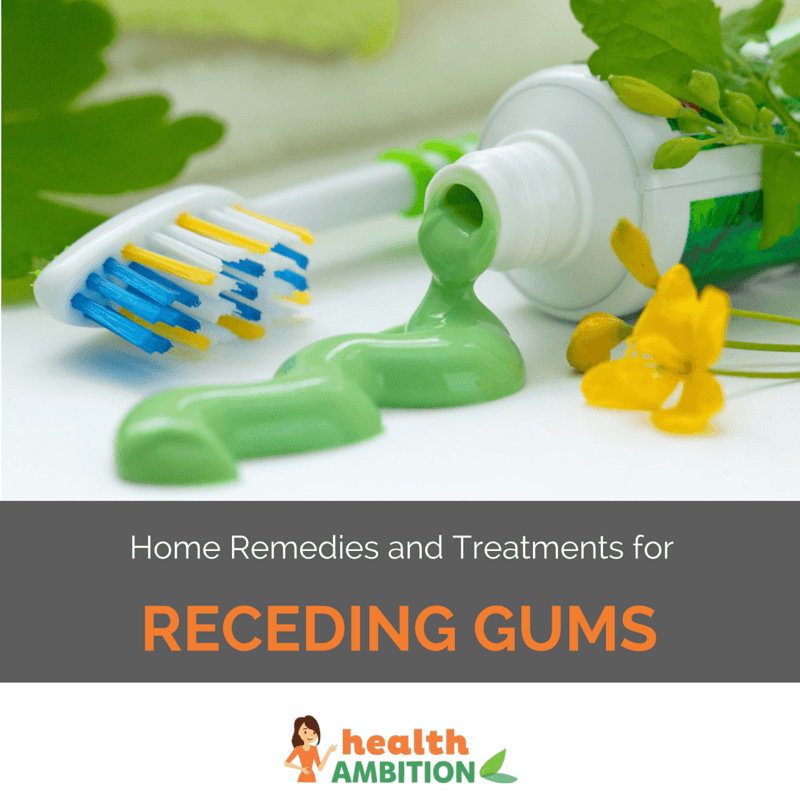
Oral health is often forgotten until something goes wrong. We all know the common sense rules of thumb such as brushing twice a day and flossing regularly, but we often don’t care to dig deeper than that.
Often oral issues can start without you noticing at all. Receding gums is one of those issues I’ve learned about recently. One of my friends was an unknowing teeth grinder. She suspected she was doing it as she often woke up with a sore jaw and mouth but she didn’t think there was much she could change about a habit in her sleep.
Unfortunately, at her recent and long overdue dental appointment, the dentist noticed her gums have started receding slightly. As he read through the list of possible causes, the word “grinding” hit her like a ton of bricks. Shoot.
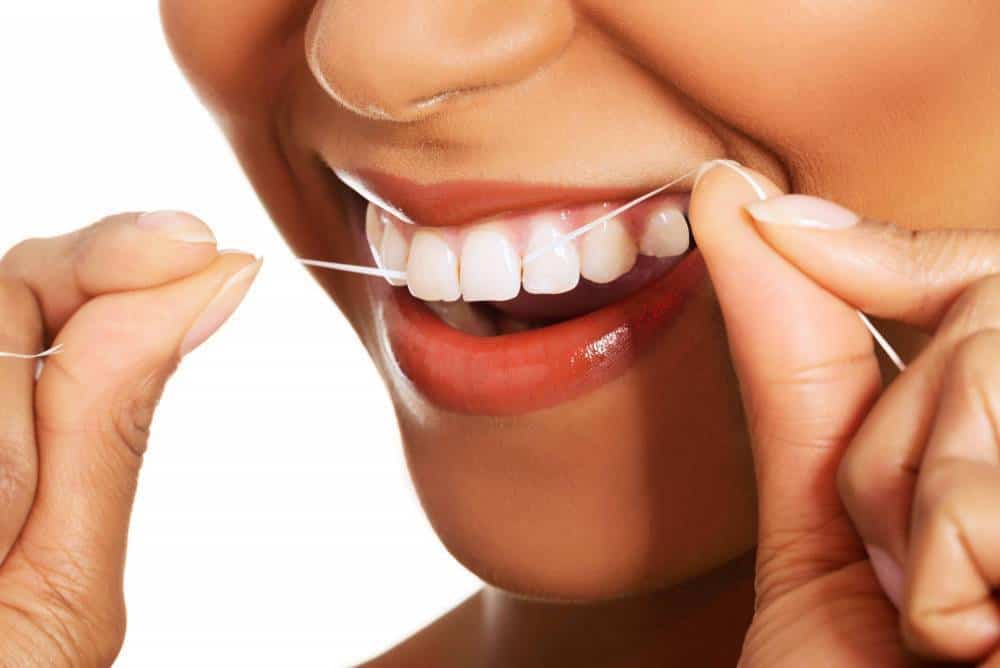
She left that day armed with some knowledge about how to treat receding gums. I was happy to hear that some of the suggestions were home remedies which I, of course, love! I’m happy to share with you everything she learned, along with some research of my own. I was able to find out what causes gums to recede in the first place as well as some receding gum treatment you can try at home.
What Causes Receding Gums?
According to Colgate, gum recession is when the tissue of your gums recesses and lowers its position on your teeth, exposing the roots. There are several habits that make your gums recede. These include:
- Being too aggressive when you brush or floss
- Genetics
- Misaligned teeth
- Grinding your teeth
- Gum tissue injury or trauma
- Poor oral health
Being overly aggressive when you’re brushing or flossing can actually be a bad thing – not only the intensity of how you brush but also the type of toothbrush are you using.
The Journal of Periodontology Online published a study that showed use of a “hard” toothbrush can inflict more damage and increase the possibility of receding gums. Always buy a soft-bristled toothbrush and try not to brush so fiercely that the bristles are splayed out against your teeth.
Genetics can also influence the possibility of gum recession. Just like the rest of your body, your gum’s characteristics depend a lot on your family history. If your parents or siblings are experiencing receding gums, you are at a higher risk as well.
Another cause is abnormal tooth positioning. If your teeth are misaligned, receding gums can easily occur.
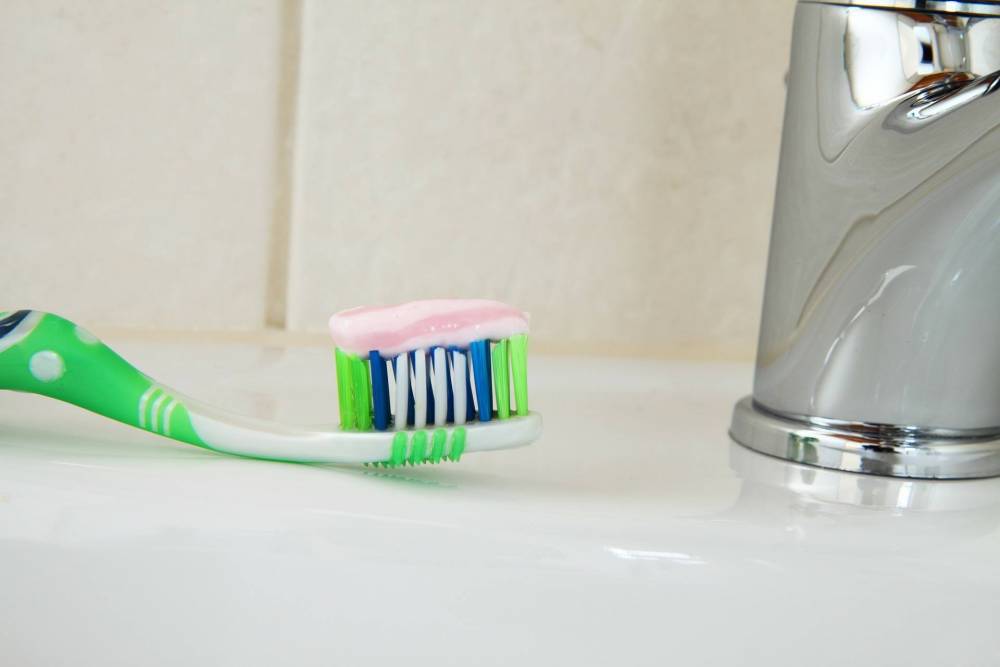
Just as my friend found out, grinding your teeth is a cause of receding gums. If you wake up with a sore mouth, jaw or a headache, you are likely grinding your teeth at night. If you suspect so, see your dentist right away as grinding can cause other issues aside from gum recession.
The final two causes of receding gums are traumatic injury to the teeth and gums or simply not paying enough attention to your oral health. When your gum tissue starts to wear away, it can create pockets between your teeth and your gum line.
This is the perfect spot for disease-causing bacteria to build up. If you allow this to happen, your gum tissues and the bone structures of your teeth can become severely damaged.
As I’m sure you already understand, giving your teeth and gums proper attention and care will help prevent this from happening. I’m happy to tell you that there are several ways you can care for your mouth with all-natural home based remedies.
8 Home Remedies for Receding Gums
While I do suggest you see your dentist immediately if you think your gums are receding, not all receding gums treatment has to take place in a dentist’s office. The good news is that with proper care, this condition can be reversed and prevented in the future.
In the following video, dentist Brian Halverson explains some of the conventional treatments for receding gums. I’m going to discuss the natural options here.
1. Cranberry
Cranberry has recently been found to have a positive effect on oral health. According to the Canadian Dental Association, recent studies have shown that the polyphenols in cranberries can help treat and prevent periodontal disease and dental caries. Dental caries are “damaged areas in teeth that develop into tiny holes.”
A study published by the Canadian Dental Association found that when bacteria were exposed to cranberry juice, their adhesion had decreased greatly. This means bacteria stands less of a chance in your mouth when cranberry juice is nearby.
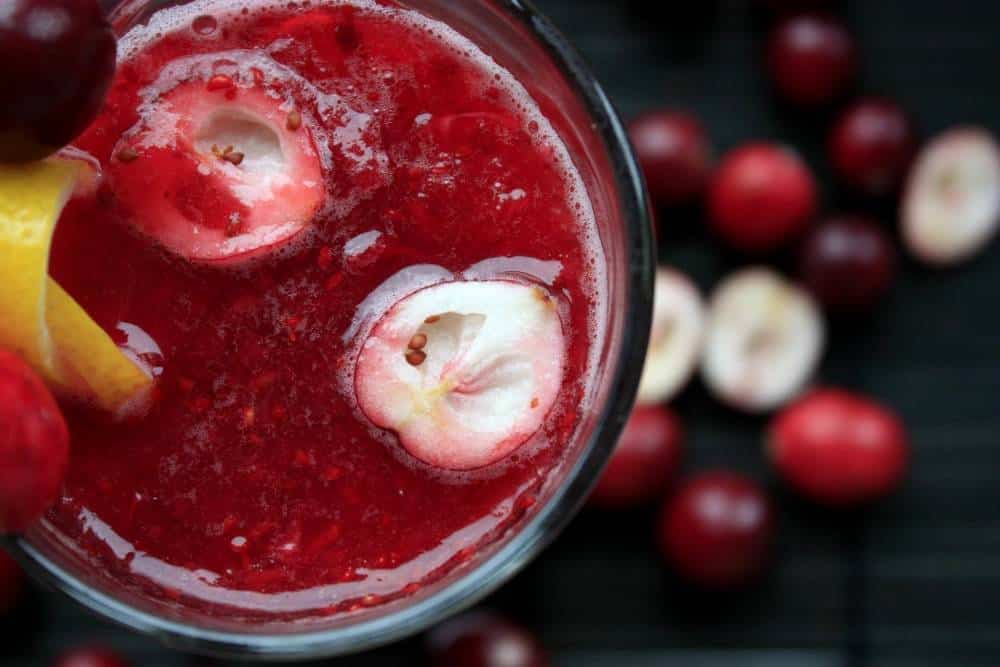
Researchers stated that their observations during the experiment “suggest that cranberry polyphenols can inhibit the colonization of dental surfaces by oral streptococci and thereby slow the development of cariogenic dental plaque.”
This article even refers to cranberry as “Teflon” for your teeth. You do have to be careful when consuming cranberry juice, however, as most concoctions in supermarkets have added sugars.
2. Tea Tree Oil
Tea Tree Oil is an amazing all-natural remedy that has been used for many years. Tea tree oil comes from Australian tea trees; however these “trees” don’t really look like trees at all. They are shrubs that grow in in the wet coastal regions of Australia. Tea tree oil is collected from the leaves through a distillation process.
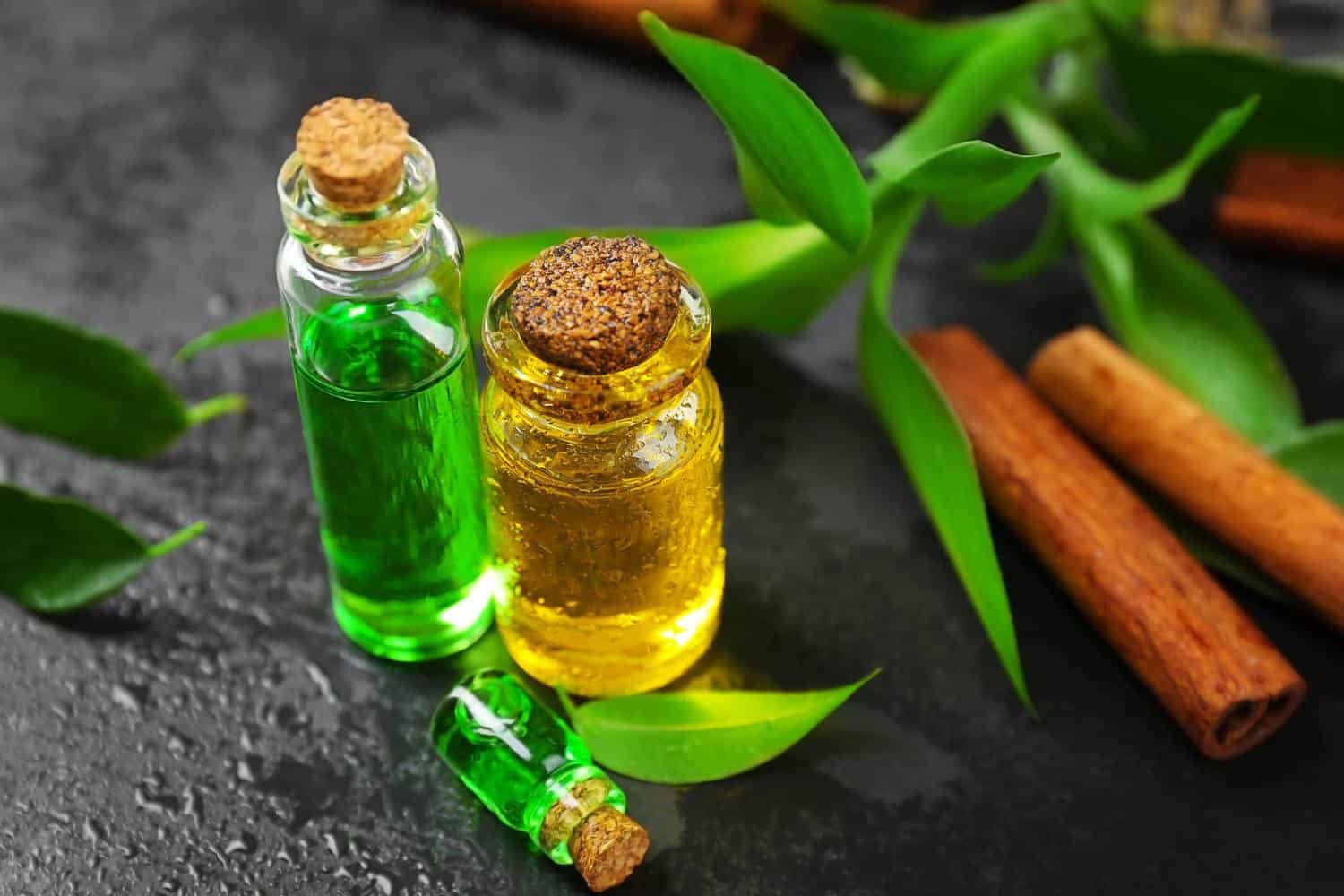
Tea tree oil has been proven to assist in dental care. You might not know it but tea tree oil is used in a wide variety of products these days, especially “natural” dental products. You’ll find it in toothpaste, floss, dental picks and in mouthwash. If you’re interested in trying a natural product with tea tree oil in it, check out this mouthwash.
Tea tree oil can be applied topically or orally, but you shouldn’t swallow it. Speak with your physician or dentist before adding it to your daily regimen.
3. Vitamin D
Recent studies have shown direct associations between periodontal health and vitamin D levels. Taking vitamin D supplements might improve your periodontal health.
According to an article published by the National Center of Biotechnology, to affect periodontal health, you need daily doses of vitamin D higher than 800 to 1000 IU.

Research has suggested that “vitamin D may be of benefit in the treatment of periodontitis, not only because of its direct effects on bone metabolism, but also because it may have antibiotic effects on perodontopathogens and inhibit inflammatory mediators that contribute to the periodontal destruction.”
According to WebMD you can get vitamin D from the following sources:
- Fatty fish
- Foods fortified with vitamin D (dairy products, orange juice, soy milk and certain cereals)
- Beef liver
- Cheese
- Egg yolks
If you are age one through seventy, you should aim for 600 IU of vitamin D daily. If you are over age seventy, aim for 800 IU daily.
4. Vitamin C
While vitamin C has long been revered as the ideal vitamin for warding off sickness, most people don’t know that it also helps prevent periodontal disease. According to the Journal of Dietary Supplements, “people who don’t acquire enough vitamin C are at heightened risk of periodontal disease.”
According to this Livestrong article, vitamin C can help protect your gums from free radicals. Free radicals can destroy healthy tissues in your body. By making sure you have enough vitamins, like vitamin C, you have a better chance of fighting off those free radicals before they have a chance to damage your gums.
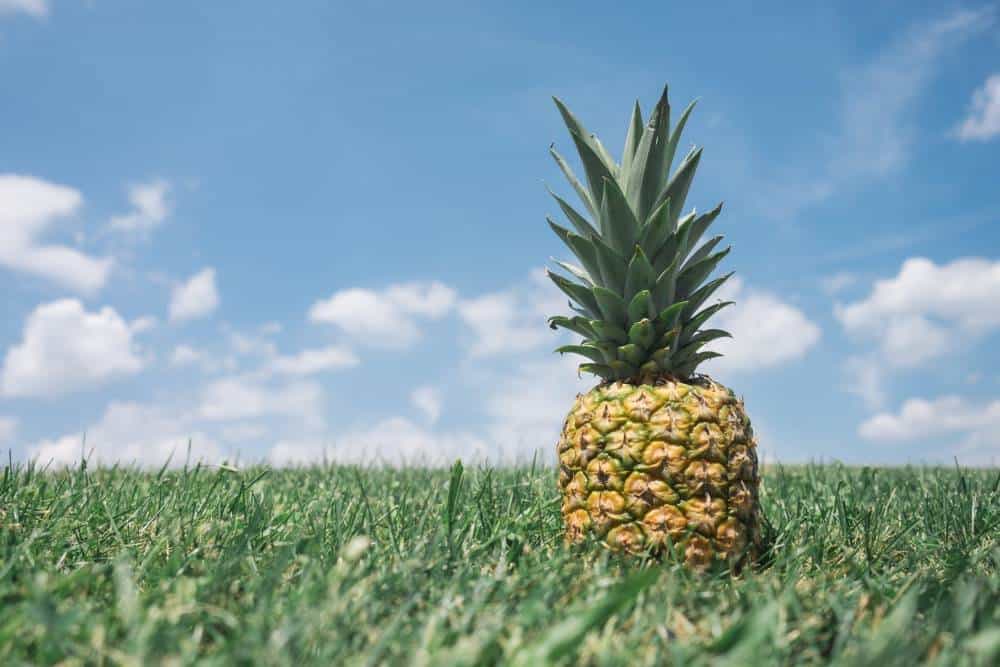
Livestrong also states that vitamin C helps our connective tissue collagen. Collagen is what helps hold your gums in place.
Vitamin C definitely sounds like a good choice for gum health to me! According to World’s Healthiest Foods, the following foods are some of the best sources of vitamin C:
- Papaya
- Pineapple
- Oranges
- Brussel sprouts
- Broccoli
- Cantaloupe
- Strawberries
- Kiwi
- Bell Peppers
- Cauliflowe
5. B-Complex Vitamins
B complex vitamins play an integral role in your gum health. The American Dental Hygienist Association tells us that B vitamins are necessary for producing new gum tissue. According to MidTNDenistry, deficiencies in vitamin B can cause receding gums, toothaches and overall oral sensitivity.
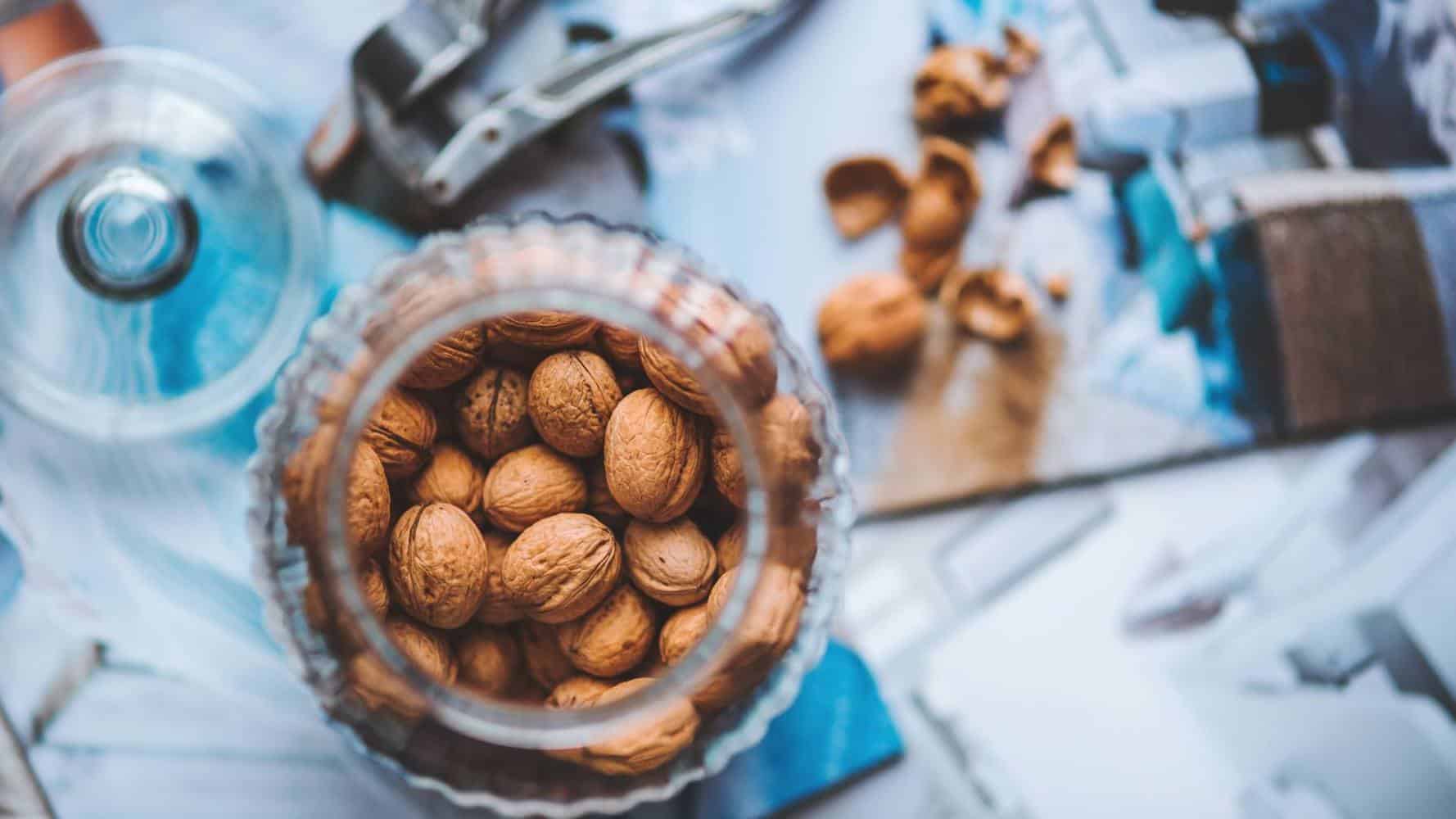
As you can see, vitamin B is a necessary ingredient for good oral health and treatment of receding gums. When it comes to getting vitamin B into your diet, it shouldn’t hard. The list of foods that can accomplish this is long. According to Livestrong, foods high in vitamin B include:
- Dark green, leafy vegetables
- Fortified whole-grain cereals, breads and pasta
- Red meat
- Nuts
- Chicken, fish, pork
- Egg yolks
- Potatoes
- Bananas
6. Green Tea
I started incorporating green tea into my daily routine some time ago. Green tea has some amazing health benefits. A study published in The Journal of the American Dental Association found that “routine consumption of green tea may promote healthy teeth and gingivae.”
The study above was conducted in Japan with 940 men ages forty-nine to fifty-nine. It was found that those who drank green tea regularly had “periodontal health superior to that of subjects who consumed less green tea.”

What is it that makes green tea so beneficial for oral health? Researchers believe that the antioxidant catechin might be responsible. Antioxidants have been found in the past to reduce inflammation. The article states that “By interfering with the body’s inflammatory response to periodontal bacteria, green tea may promote periodontal health and ward off further disease”
Amazing, right? This is just one of the many benefits of green tea. There are plenty of reasons to add it to your morning or evening routine.
7. Eucalyptus
Eucalyptus, mainly found in Australia, is a type of tree. There are more than 700 different species. According to Wikipedia, eucalyptus essential oil is extracted from eucalyptus leaves. This oil is said to contain “compounds that are powerful, natural disinfectants and can be toxic in large quantities.
Due to the dangers involved with ingesting eucalyptus oil, you’ll want to discuss it with your physician prior to doing so. That aside, it can be a great way to improve your oral health.
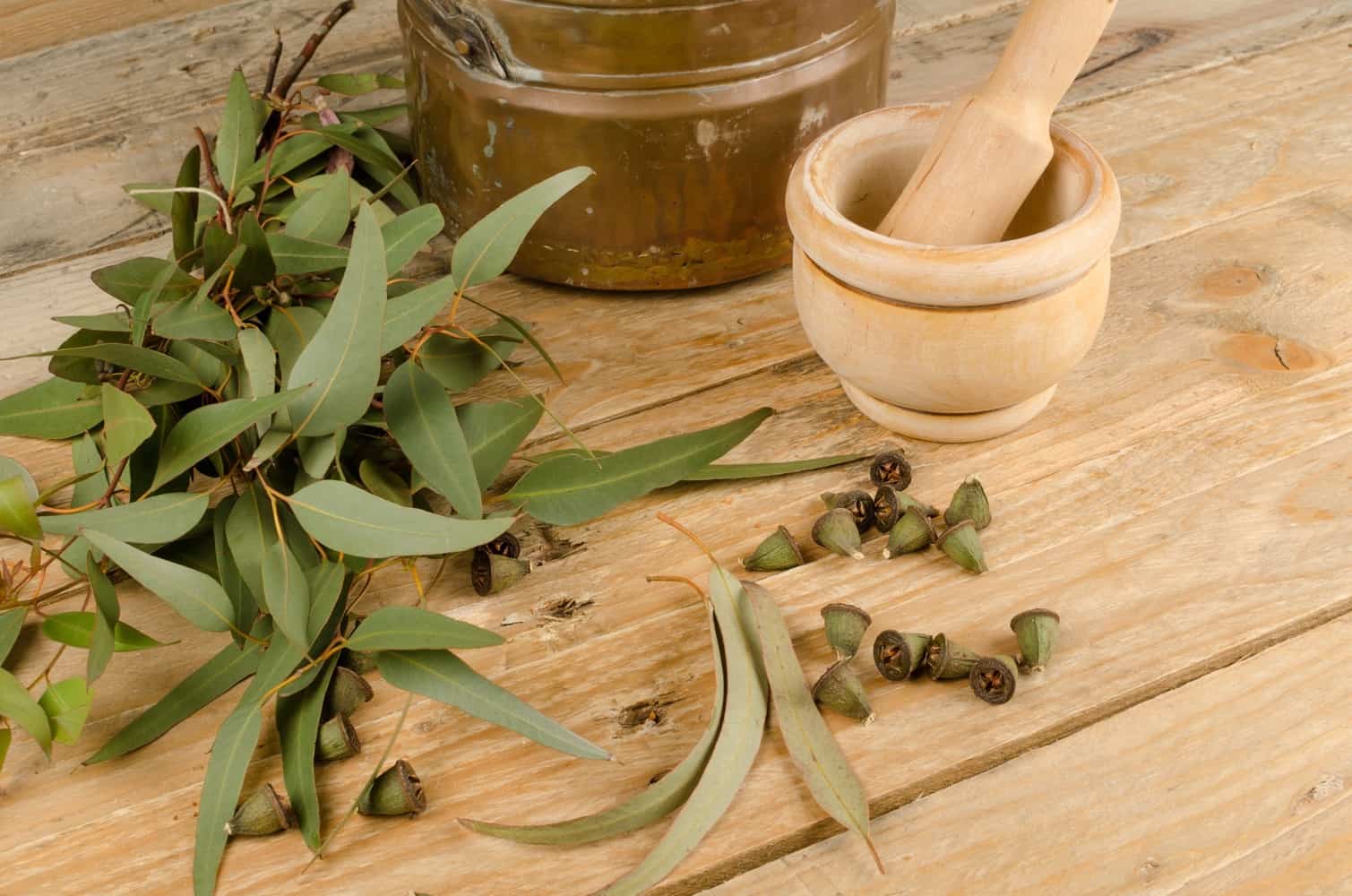
Whole Health MD discusses the germ-fighting and anti-inflammatory benefits of eucalyptus oil. They state that eucalyptus might help prevent the formation of plaque on your teeth.
8. Aloe Vera
Aloe Vera is another magical plant that is known for its healing and soothing powers. This widely used plant contains tons of vitamins and antioxidants. This helps with your immunity and wound healing needs. The most amazing benefit I learned about is the fact that aloe vera contains 19 out of 20 necessary amino acids, with 7 out of 8 essential amino acids.
In terms of dental health, a study conducted by the Journal of Indian Society of Periodontology showed that aloe vera is actually quite useful when it comes to gum diseases. It’s amazing to me that a simple plant, opposed to something prescribed by a doctor, is able to heal and restore. These are the things I love to write about!
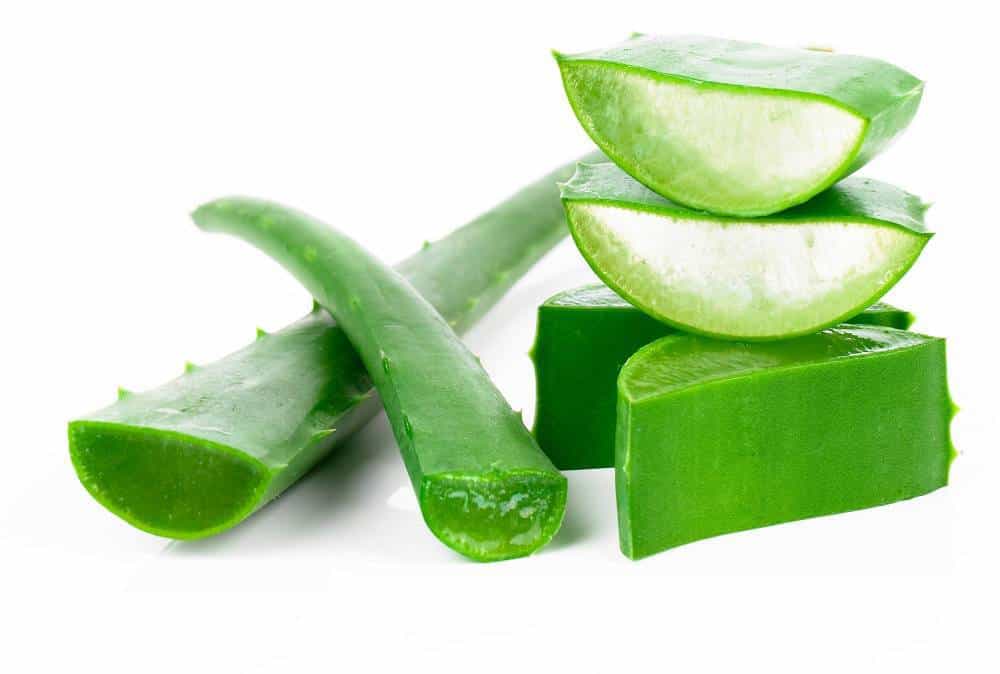
The good news is that you don’t have to actually take the gel of an aloe plant and put it in your mouth; you can simply purchase oral care products that contain aloe vera. There are tons on the market like this, such Kiss My Face toothpaste you can easily grab on Amazon.
Final Thoughts on Home Remedies and Treatments for Receding Gums
Keeping your teeth in good health takes a daily and disciplined routine. Receding gum lines aren’t the end of the world and luckily with a few small changes in your diet and some all-natural remedies you may be well on your way to reversing the problem.
We covered these home remedies for receding gums treatment:
- Cranberry
- Tea tree oil
- Vitamin D
- Vitamin C
- B complex vitamins
- Green tea
- Eucalyptus
- Aloe vera
Have you had any success using the above remedies for oral health or receding gums? I’d love to hear about your experience in the comments below. As for my friend, she finally got a mouth guard to prevent further damage to her teeth and started trying some of the options the dentist and I laid out for her.
Leave a comment